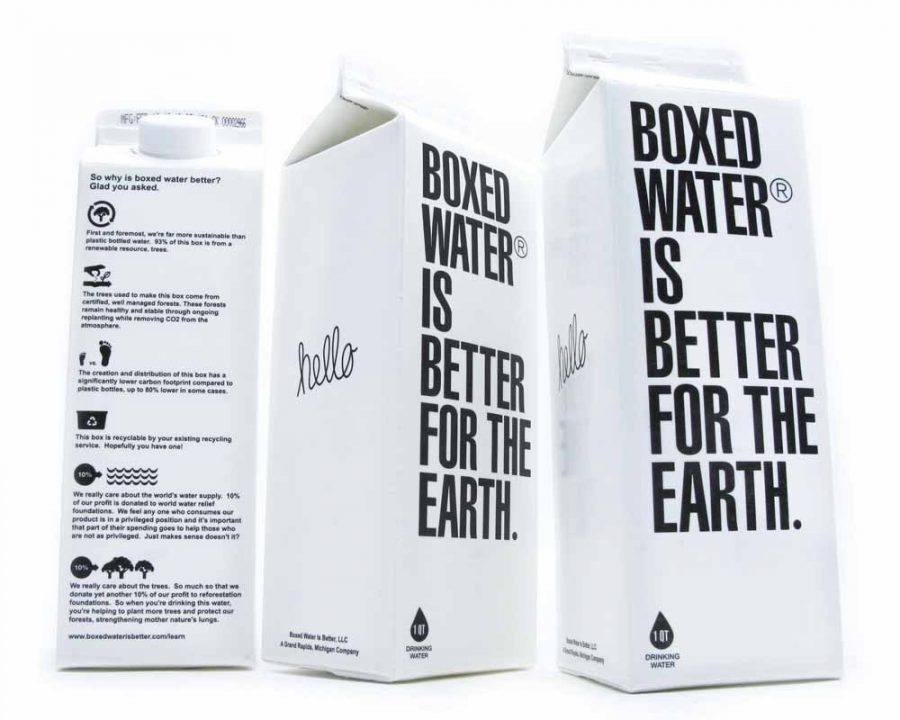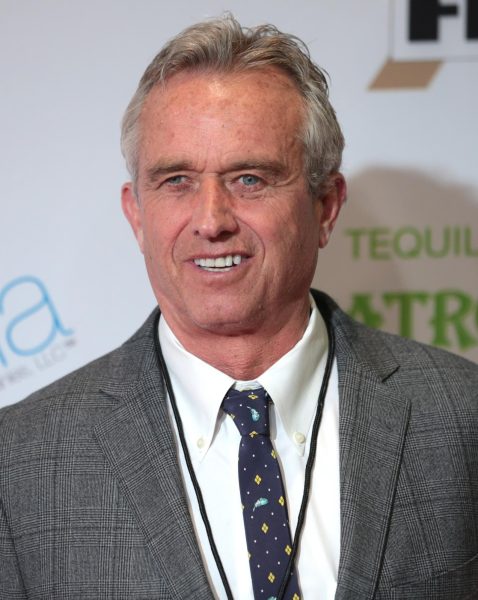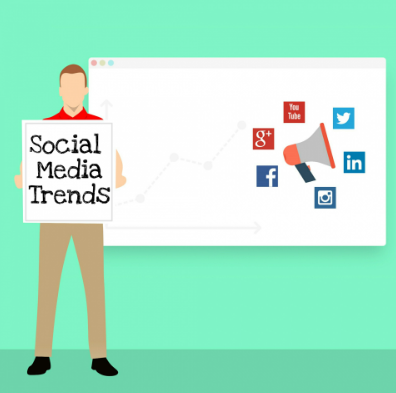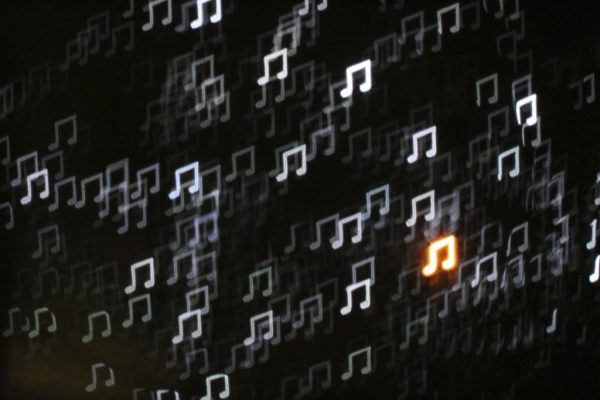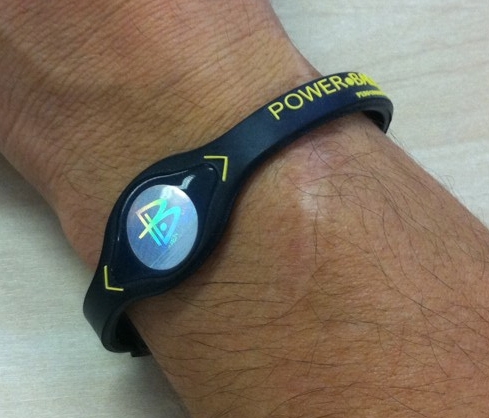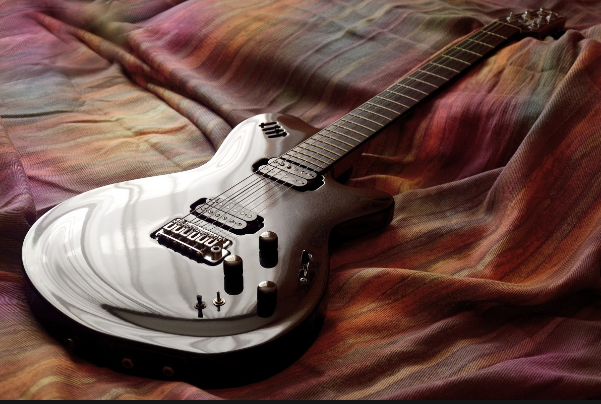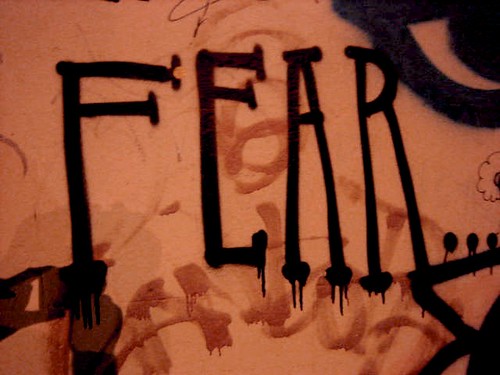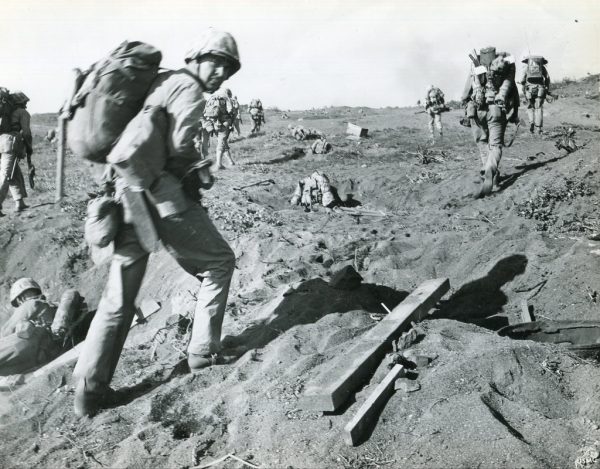Who Said Ethical Can’t Be Practical
Boxed Water
December 6, 2017
Beverage companies have been coming under fire in recent years about the amount of plastic that their disposable bottles produce. Many of the bottles end up in landfills all over the world, polluting our environment, as it takes thousands of years to degrade. However, in recent years, public outcry (although not as loud as you would think) has led to the rise of companies that work towards plastic alternatives, as well as ways to get plastic out of our landfills.
One such company is called “Boxed Water is Better.” Boxed Water caters to our disposable lifestyle and society, but in an Eco-friendly manner. Utilizing cardboard and a sleek style, they created a water “bottle” that is good for the environment and cute enough to take a picture of. Here is the catch though: it is not actually a bottle. The water is in a white cardboard cartoon, similar to one you would drink milk out of. However its design is not just for looks. As it turns out, the cartons can be shipped flat and filled at the company’s local distribution places. Not only can they fit more cartons in the truck, but since cardboard is lighter than plastic, it is cheaper to transport.
Boxed Water Is Better is reducing our consumption of plastic, but it does nothing to the plastic already in landfills and littered throughout the world, including our oceans. Thread Inc. addresses two major concerns; plastic and the immoral practices of the fashion industry. Thread Inc. is a company that uses plastic bottles to create soft synthetic fabrics that can then be sewn into clothing: and that is not even the best part.
The company is completely transparent about the entire cloth making process. It sources its labor from Haiti where they pay their workers a living wage to collect plastic of all shapes and colors and deliver it to their facility. From there the plastic is sorted by color, washed, and then shredded. Then, these plastic shreds are wound together with cotton fibers to form the thread that is used to manufacture textiles. In short, Thread Inc. can do no wrong; they clean up the environment and provide a living wage to their workers while also cleaning up their local neighborhoods.

